Your cart is currently empty!
Tag: Pest Control
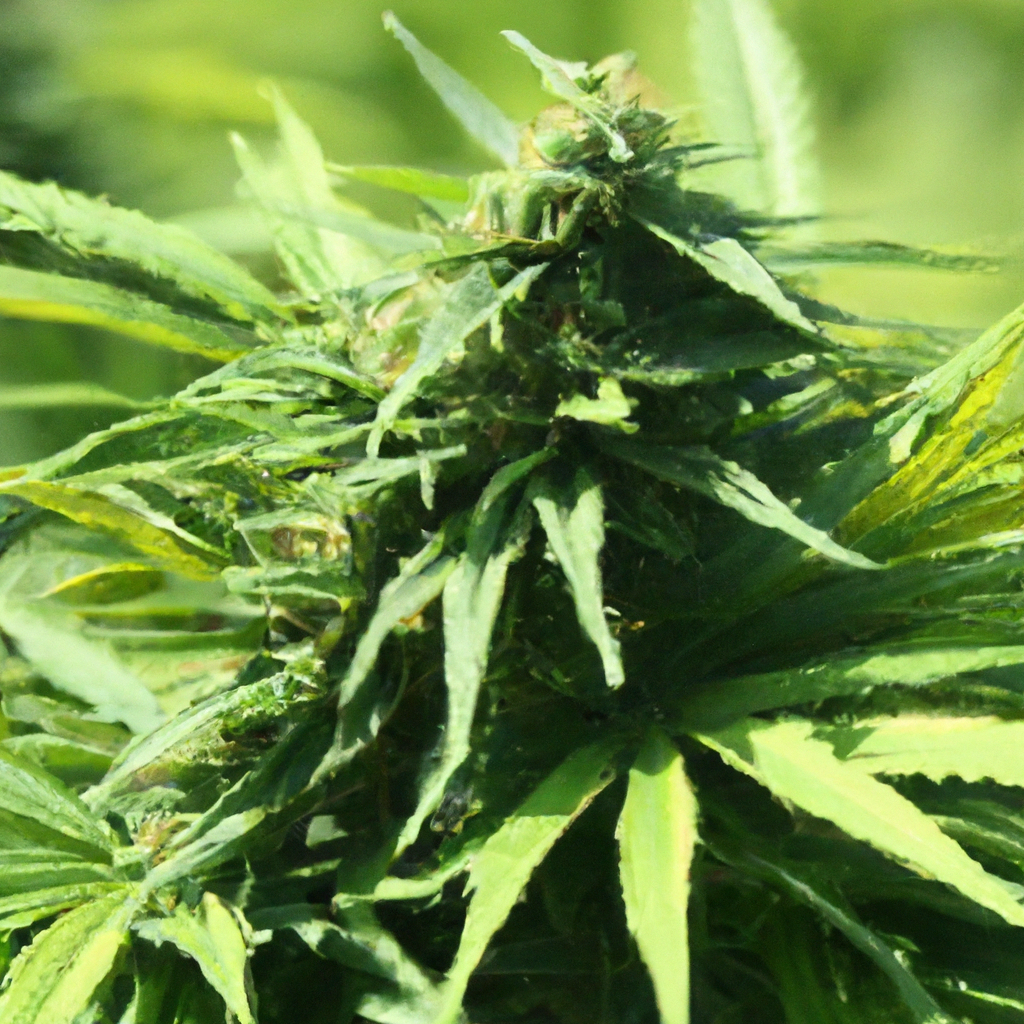
Embracing organic cannabis cultivation offers significant benefits for the environment and consumers by using sustainable practices and natural methods. Key strategies include building a robust soil ecosystem through composting, cover crops, and worm castings while feeding plants with natural fertilizers like fish emulsion and bone meal. Organic pest control utilizes neem oil, diatomaceous earth, and…
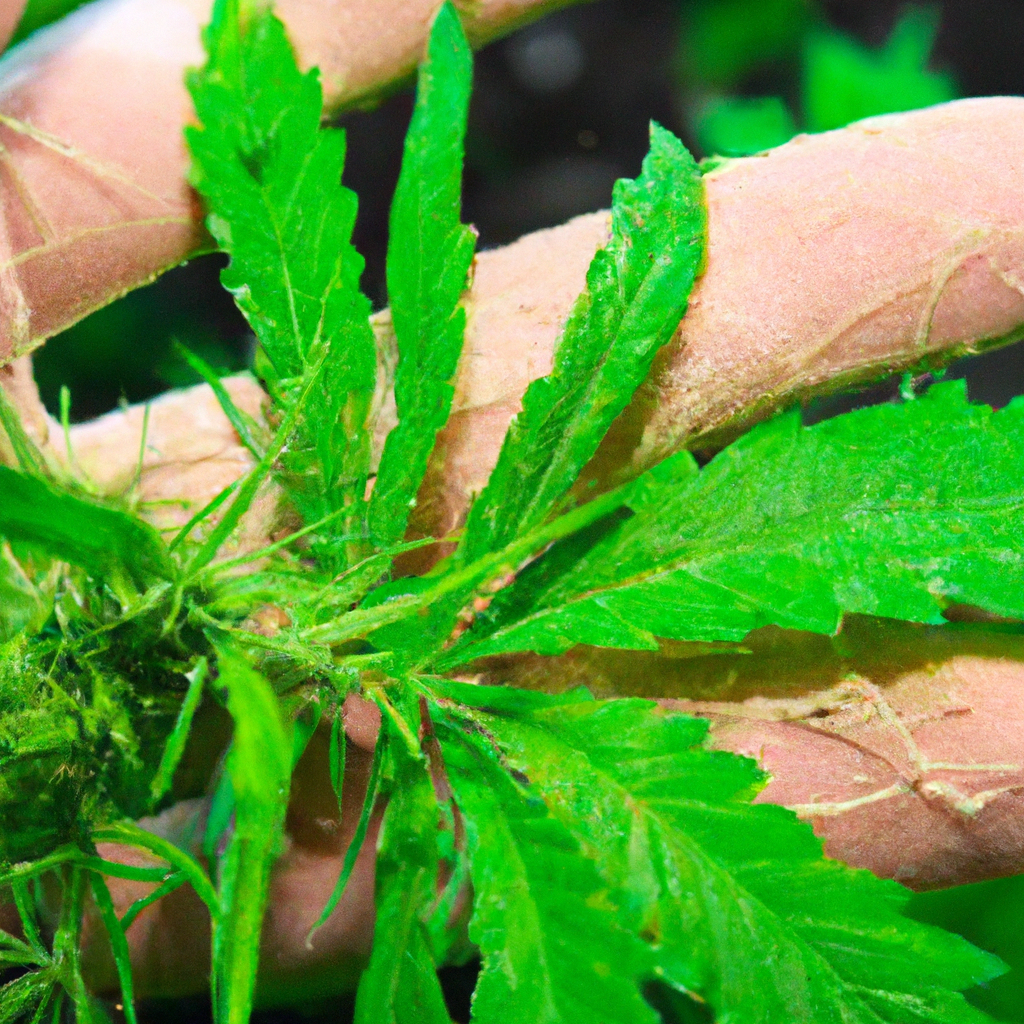
Growing cannabis comes with its challenges, particularly pest management. This blog explores strategies to keep cannabis plants pest-free, beginning with understanding common threats like spider mites, aphids, whiteflies, and fungus gnats. Employing Integrated Pest Management (IPM) can significantly aid in pest control. IPM strategies include regular monitoring, preventive measures, biological and mechanical controls, and, as…
Organic cannabis cultivation offers a healthier approach that benefits both the environment and consumers seeking natural products. By focusing on natural fertilizers like compost, fish emulsion, bone meal, and blood meal, growers can enrich soil and enhance plant growth without harmful chemicals. Effective composting methods and natural pest control techniques, including neem oil and companion…
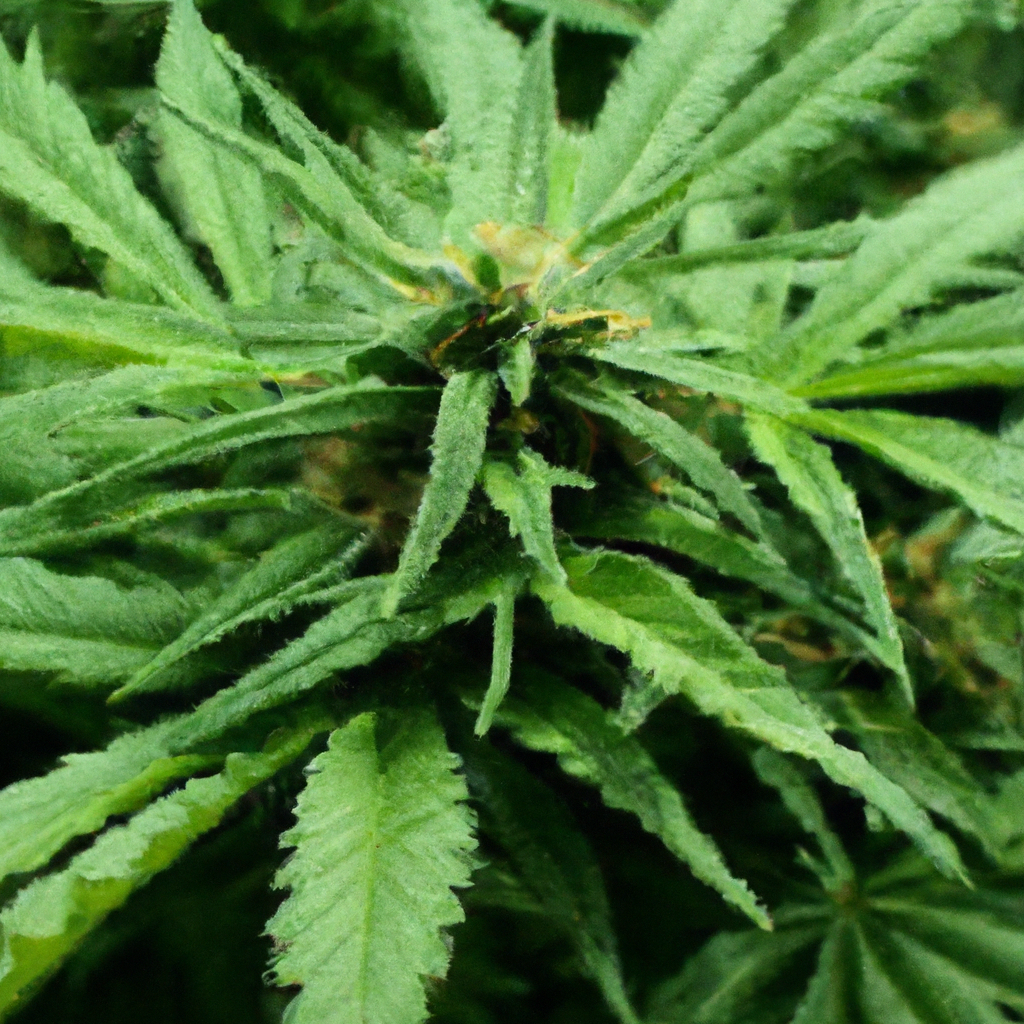
As the demand for eco-friendly products rises, organic cannabis cultivation has become increasingly popular. By using natural fertilizers, enhancing soil with compost, and adopting sustainable practices, growers can produce cleaner cannabis while reducing environmental impact. Essential strategies include employing methods like companion planting for pest control, using natural fertilizers such as worm castings and bone…
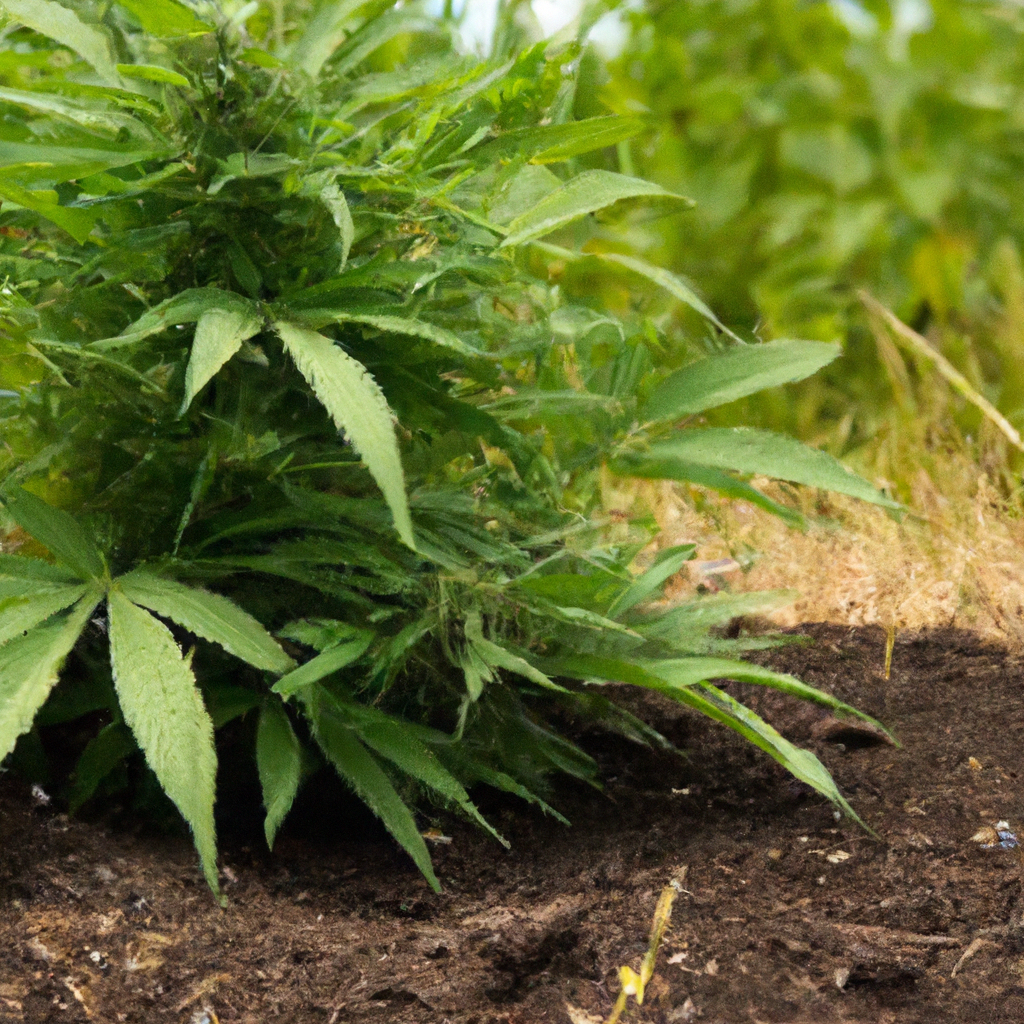
Explore the journey to sustainable cannabis cultivation by adopting organic practices focused on soil health, natural fertilizers, and eco-friendly pest control. Building a robust soil ecosystem involves composting, cover cropping, and aeration, while natural fertilizers like bone meal and seaweed extract nourish plants. Eco-friendly pest control strategies, including companion planting and neem oil, minimize harm…
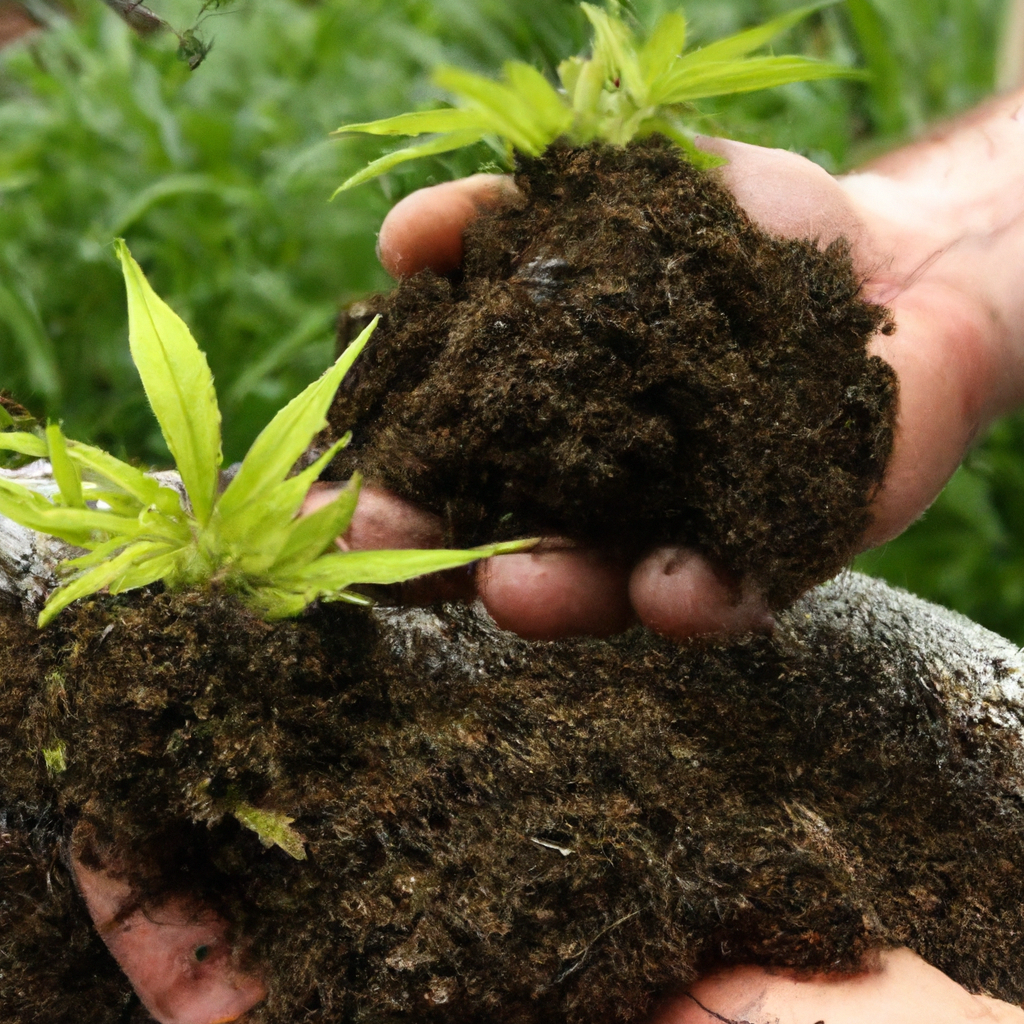
Organic cannabis cultivation emphasizes environmental stewardship and consumer health by using natural fertilizers, composting, and organic pest control. Key practices include building a healthy soil ecosystem with diverse organic materials and beneficial microbes, using natural fertilizers like compost tea, and managing pests through companion planting and neem oil. Sustainability is promoted through water conservation, energy…
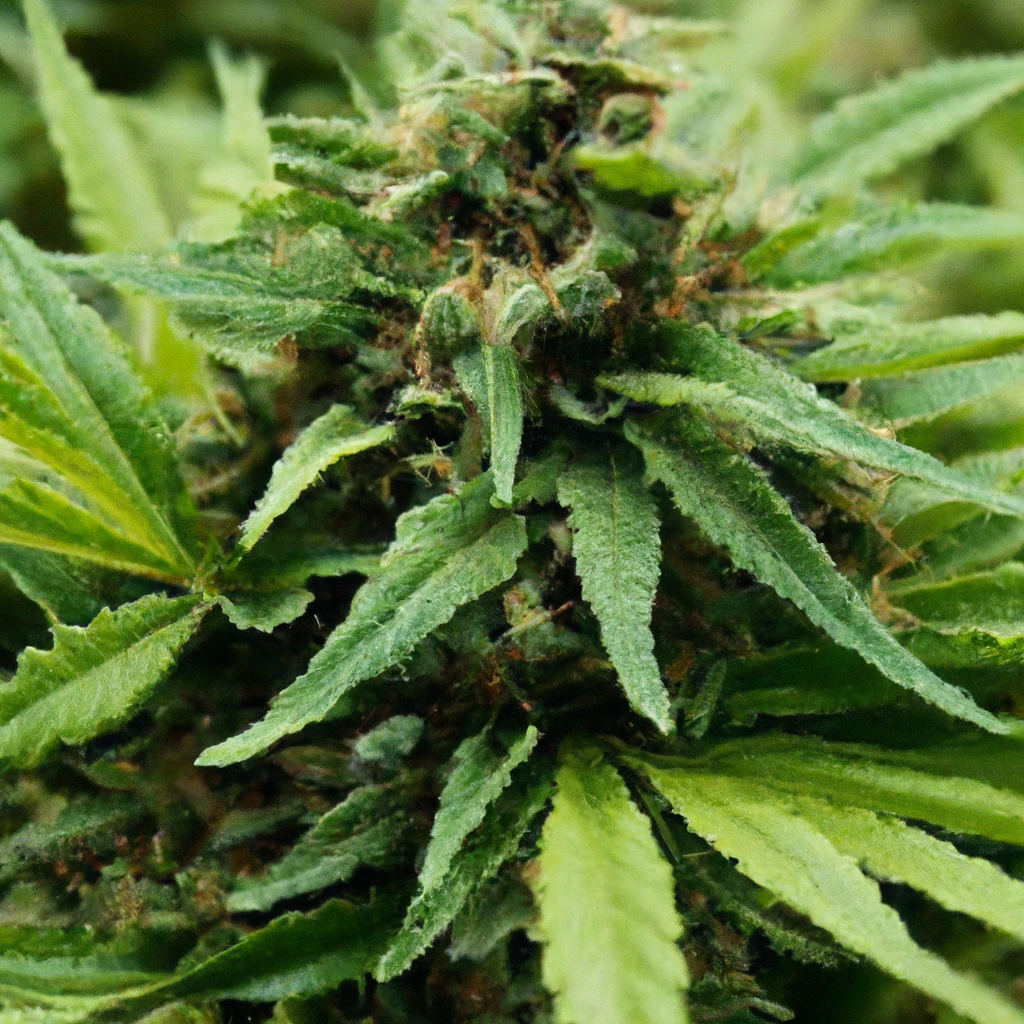
Cultivating cannabis is a rewarding yet challenging task, requiring knowledge and skill to address common issues. Key areas include managing nutrient deficiencies like nitrogen, phosphorus, and potassium, optimizing watering techniques to prevent over- or under-watering, using natural methods for pest control such as neem oil and companion planting, and maintaining optimal pH levels for nutrient…
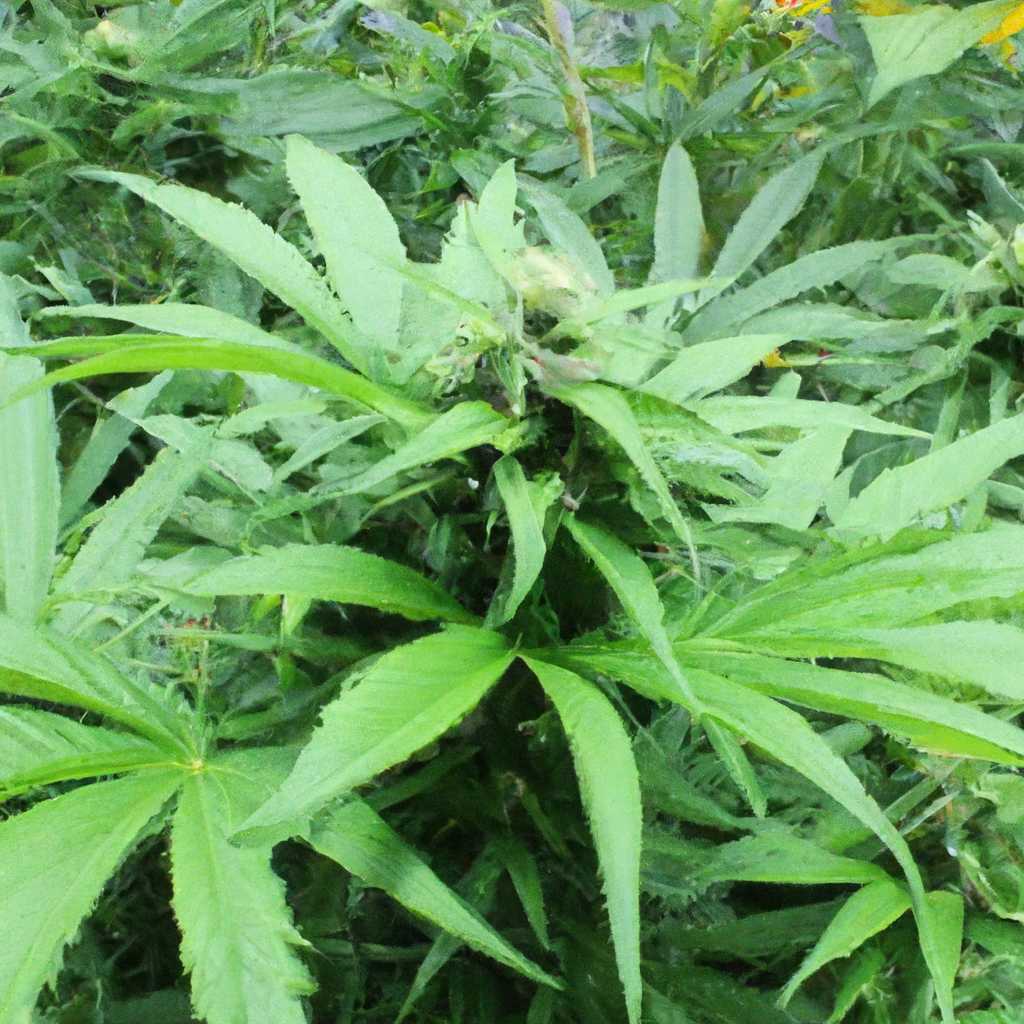
Organic cannabis cultivation represents a shift towards sustainability, quality, and environmental care. This approach emphasizes building healthy soil ecosystems with compost, cover crops, and mycorrhizal fungi, alongside using natural fertilizers like fish emulsion and bone meal. Eco-friendly pest control methods, including companion planting and beneficial insects, maintain plant integrity. The benefits are far-reaching: reduced environmental…
Embracing organic practices in cannabis cultivation benefits both the environment and consumers seeking clean, natural products. This guide highlights best practices for organic growing, such as enriching soil with compost, using natural fertilizers like fish emulsion and bone meal, and employing eco-friendly pest control methods including beneficial insects and neem oil. These strategies not only…
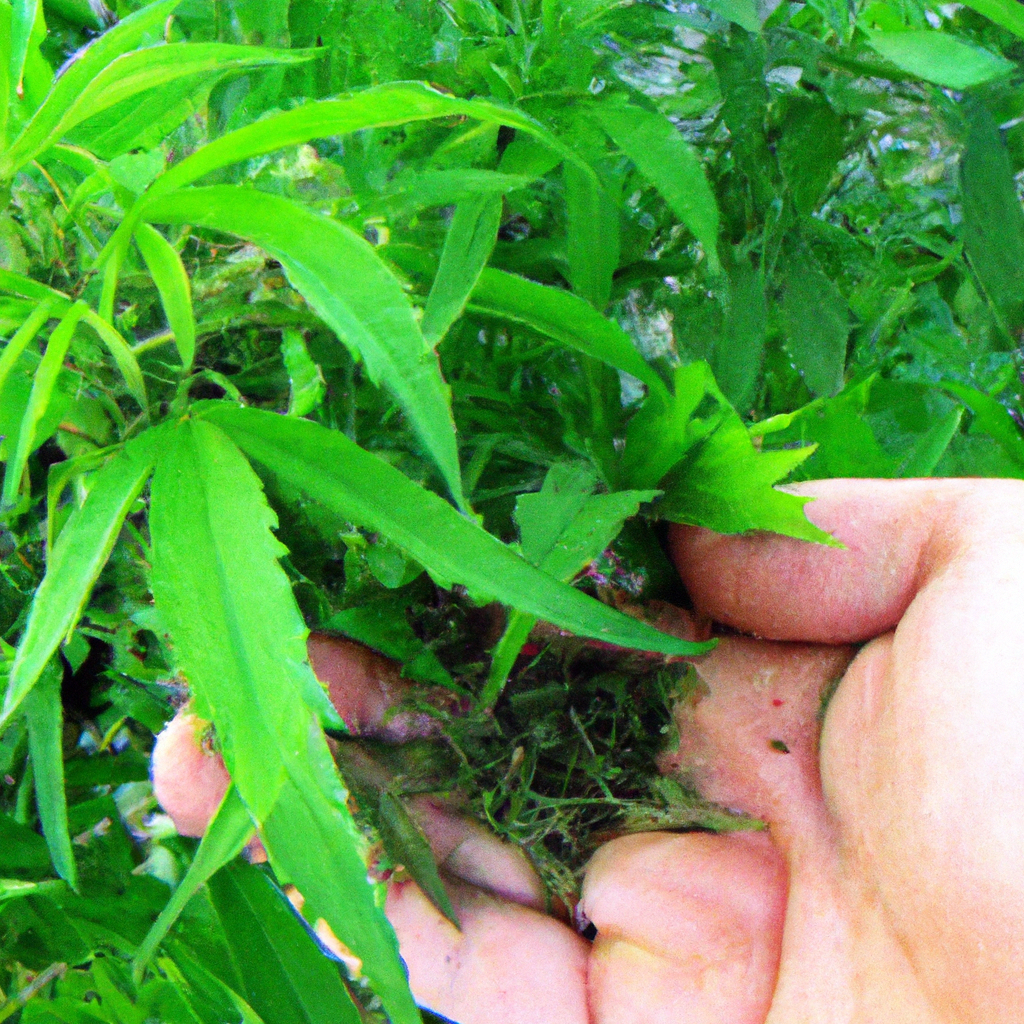
Successfully growing cannabis requires managing pests effectively while ensuring plant health. This article explores natural, sustainable pest control methods, avoiding harsh chemicals. Key points include identifying common pests like aphids and spider mites, using beneficial insects such as ladybugs for biological control, and employing neem oil and essential oils for pest deterrence. Additionally, preventive measures…
